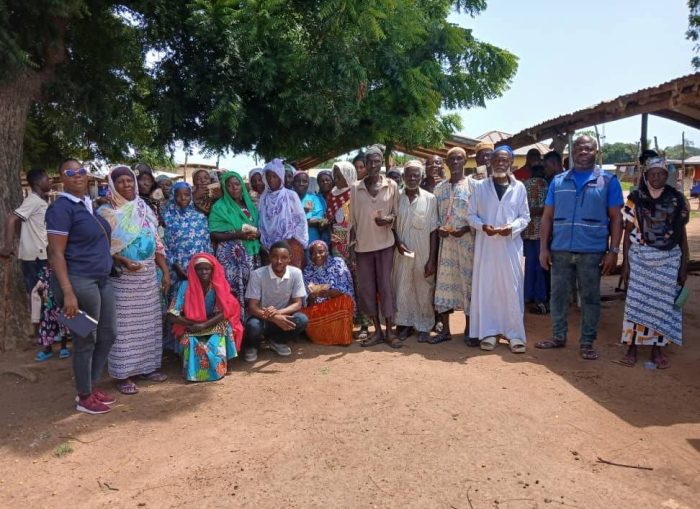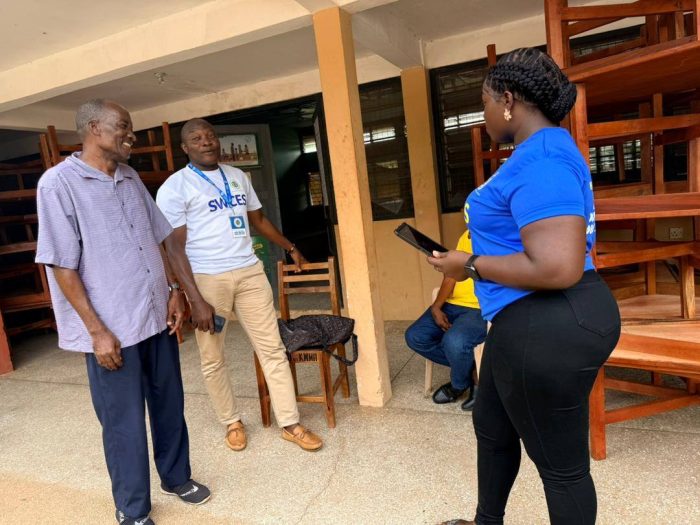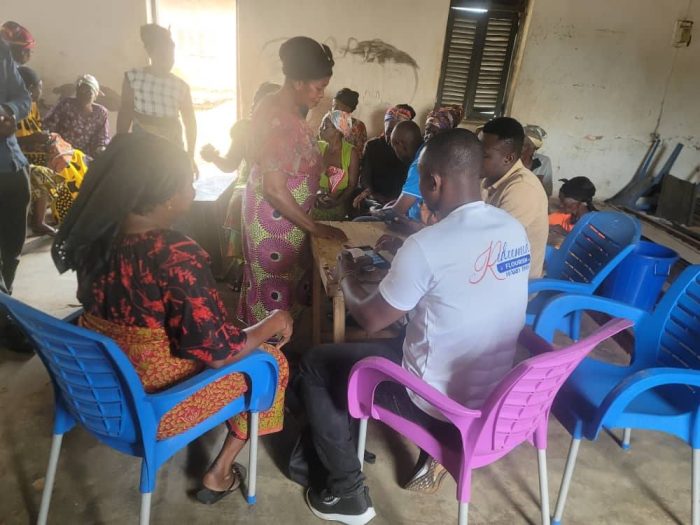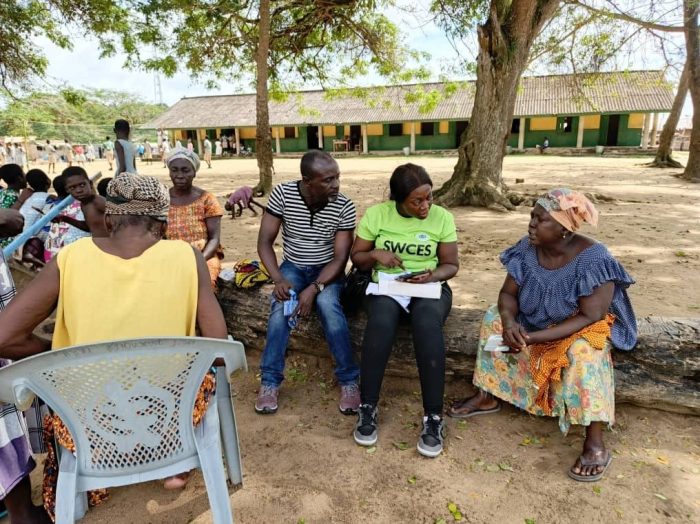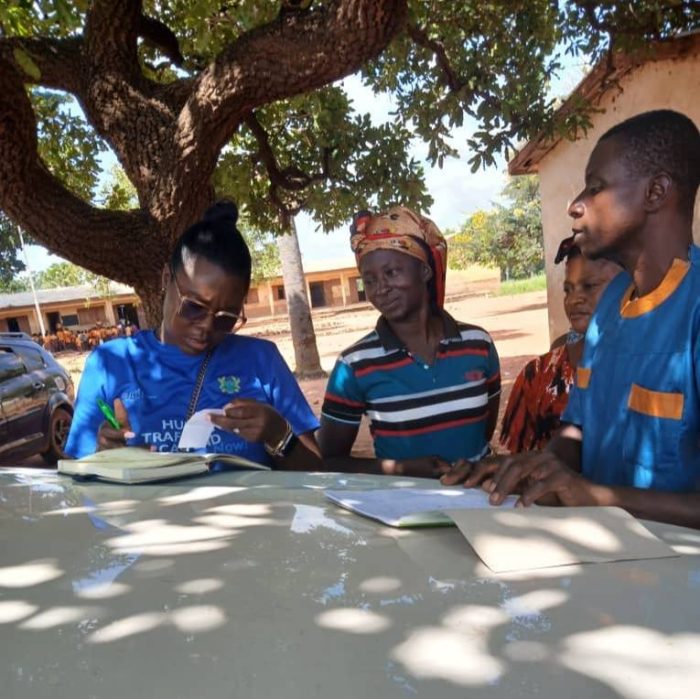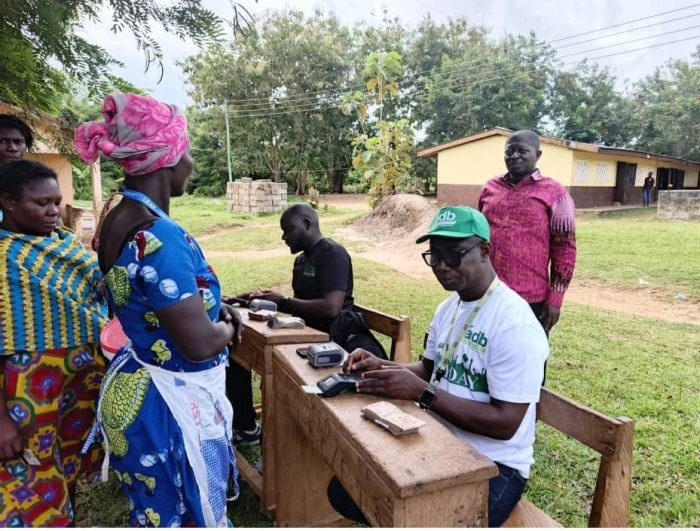MONITORING OF 98TH CYCLE OF REGULAR LEAP PAYMENT ACROSS REGIONS
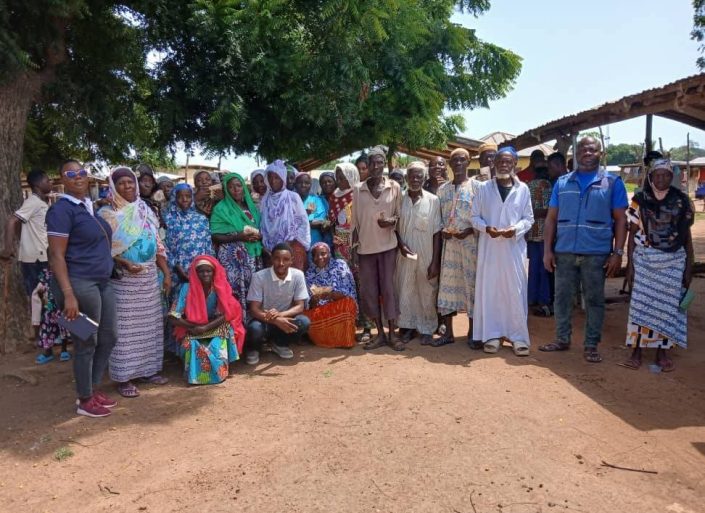
October 27, 2025 2:53 pm
The Ministry of Gender, Children and Social Protection (MoGCSP) is currently undertaking a nationwide monitoring exercise for the 98th cycle of the regular Livelihood Empowerment Against Poverty (LEAP) payment across all regions of Ghana.
As stated by Hon. Dr. Agnes Naa Momo Lartey – Minister for Gender, Children and Social Protection, during the 98th LEAP Payment press conference last week, the monitoring activities taking place in LEAP communities across all 16 regions form part of the Ministry’s continuous efforts to promote transparency, accountability, and efficiency in the distribution of social protection grants.
Monitoring teams from the Ministry and its implementing partners are visiting various payment centres to observe the disbursement process, engage with beneficiaries, and gather feedback on service delivery. The teams are also interacting with community leaders and district officials to strengthen coordination and enhance the overall implementation of the LEAP Programme.
In addition to observing payment activities, the monitoring teams are conducting brief sensitisation sessions on key social protection themes such as savings, child welfare, and the responsible use of the LEAP grant. Beneficiaries are being encouraged to channel the support towards meeting essential household needs, including health, education, and nutrition.
The 98th payment cycle, which commenced on October 13 2025, targets 350,580 beneficiary households and directly impacting over 1.5 million individuals across the country. The payment seeks to improve the living conditions of extremely poor households and promote social inclusion nationwide.
The LEAP Programme remains a pillar of Ghana’s social protection blueprint, providing bi-monthly cash transfers to the elderly with no support, persons with severe disabilities, and orphaned and vulnerable children.
The ongoing monitoring exercise demonstrates the Ministry’s commitment to ensuring effective service delivery and leaving no eligible person behind.
Source: MoGCSP
